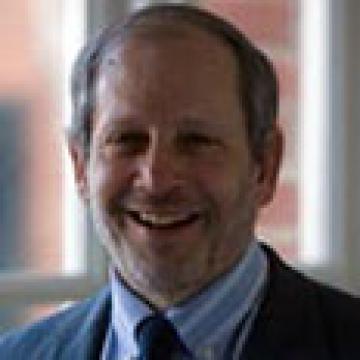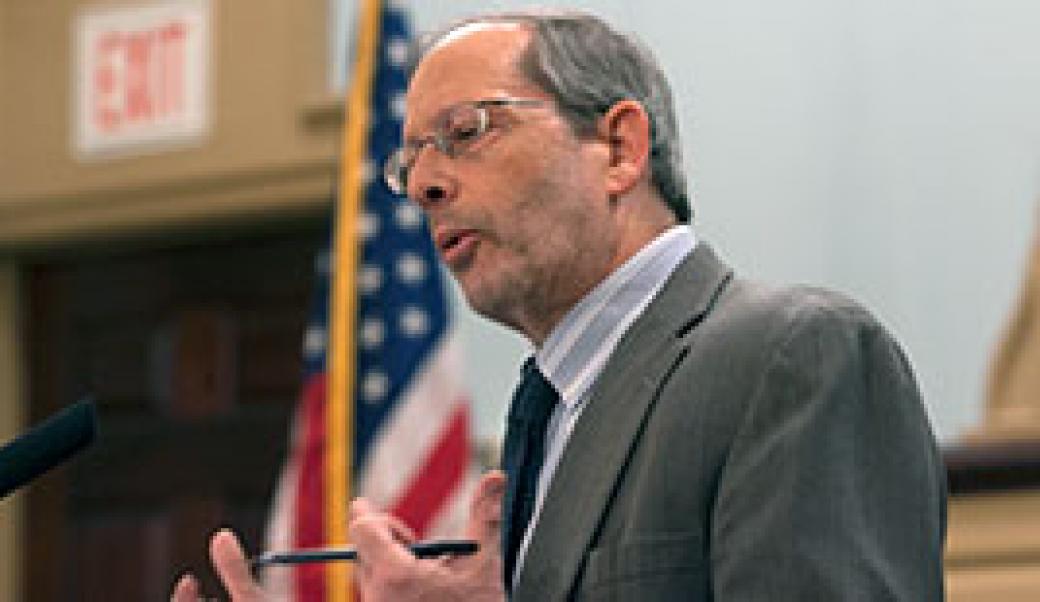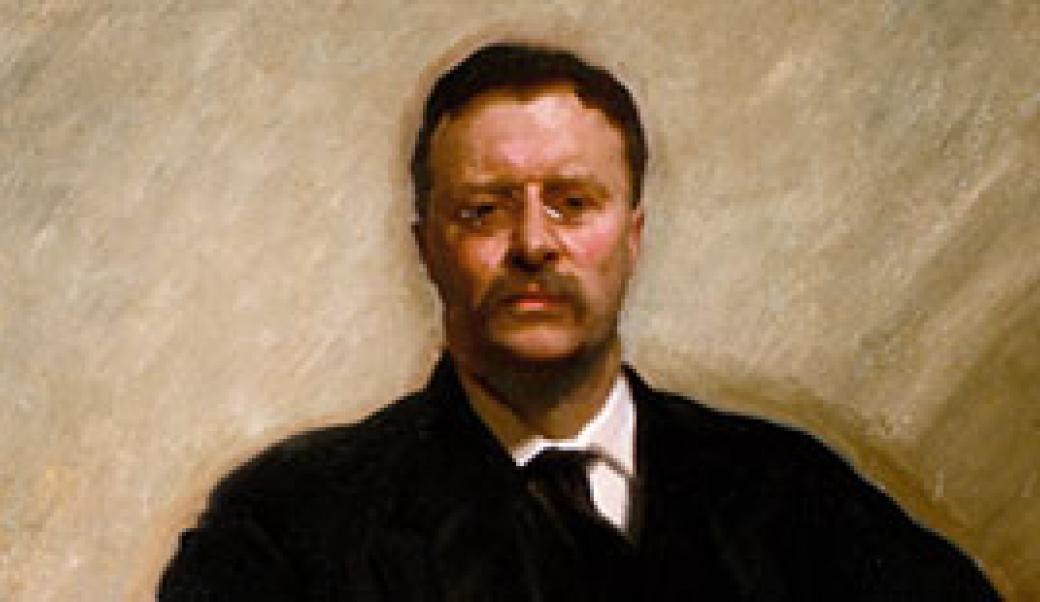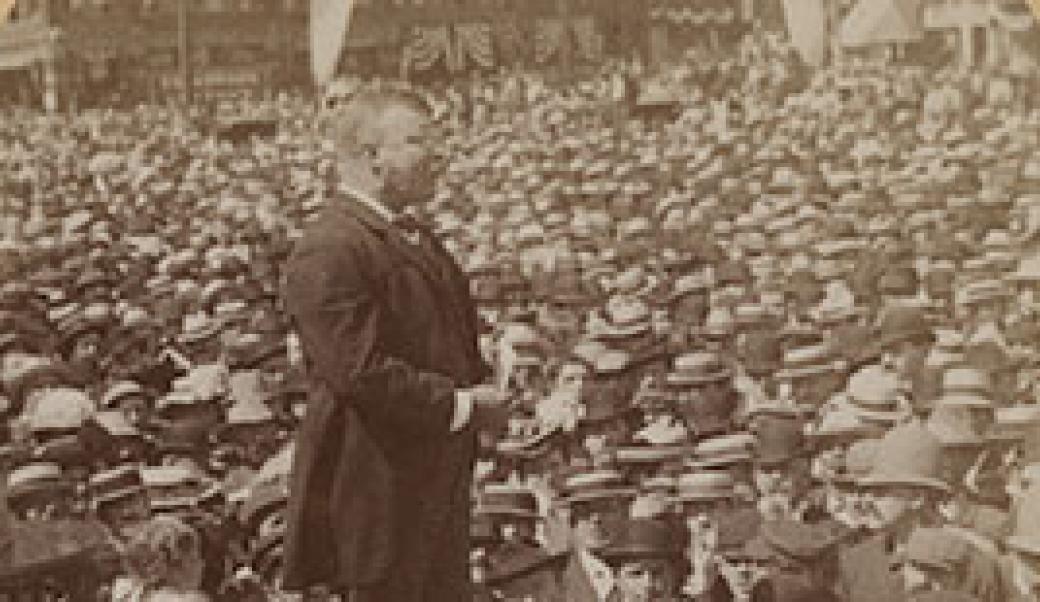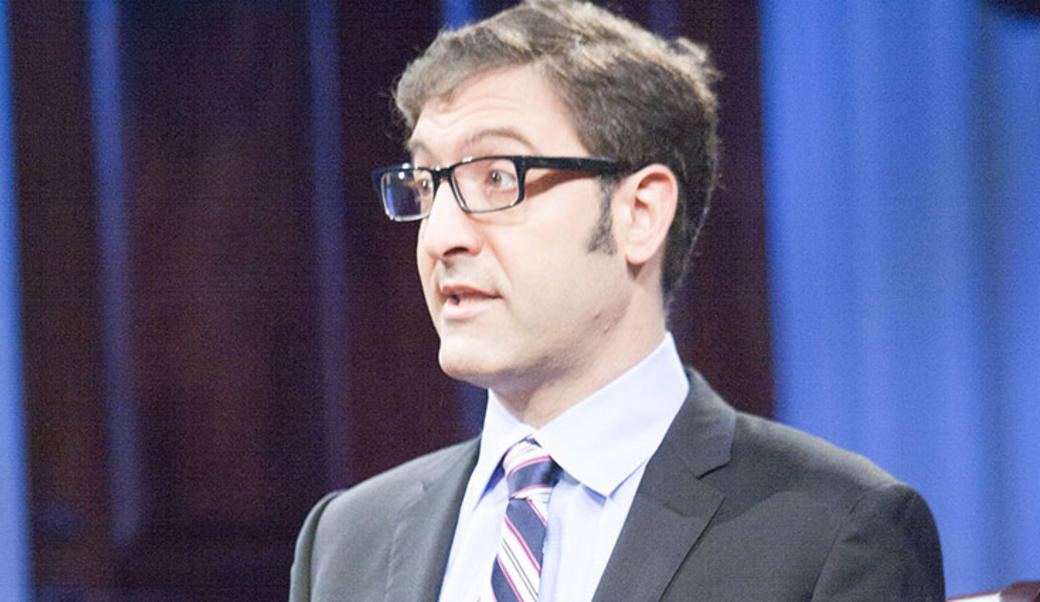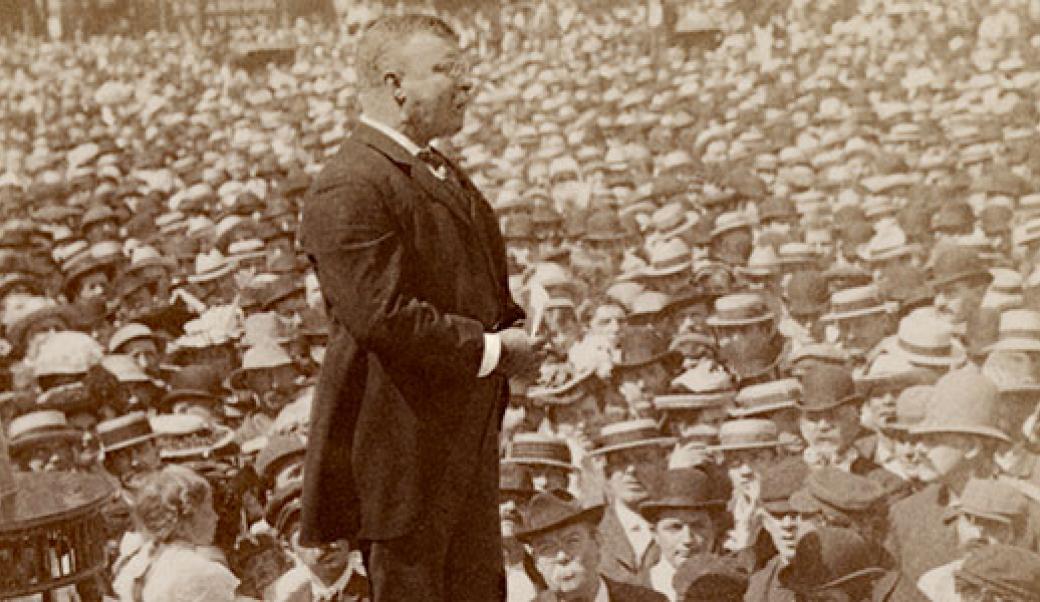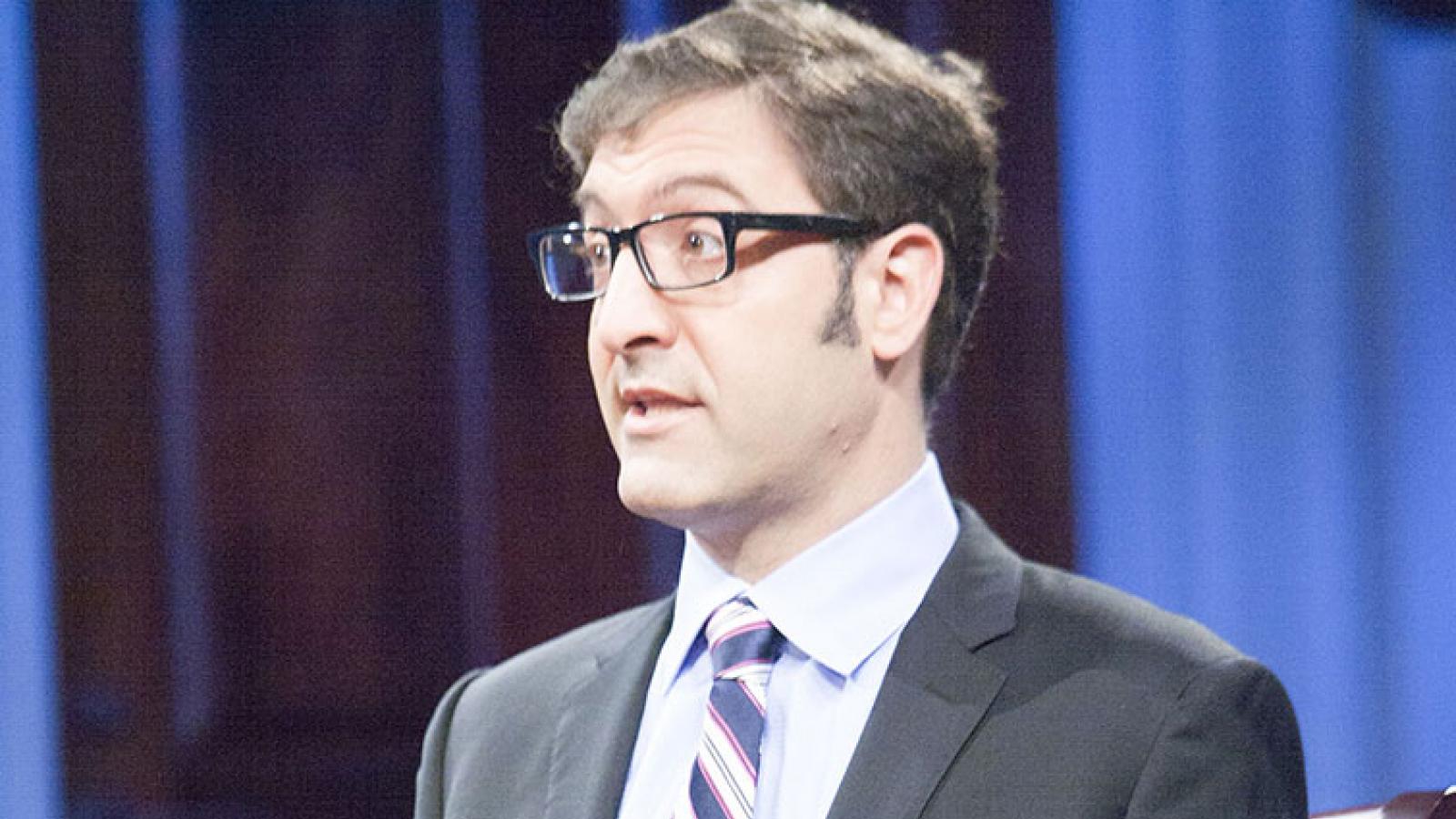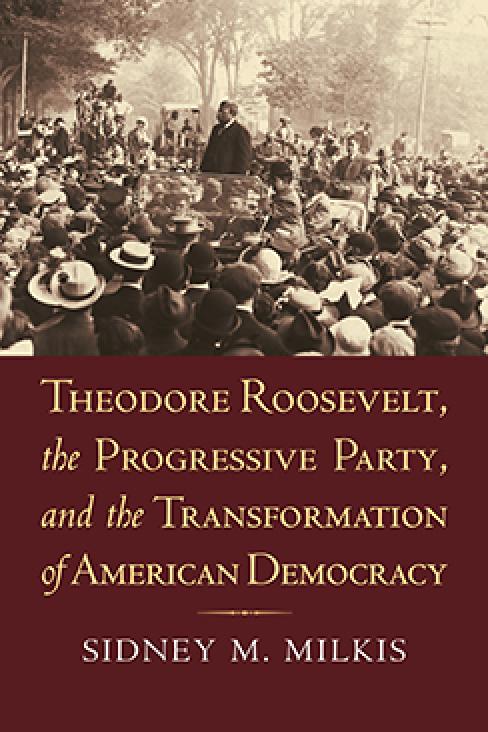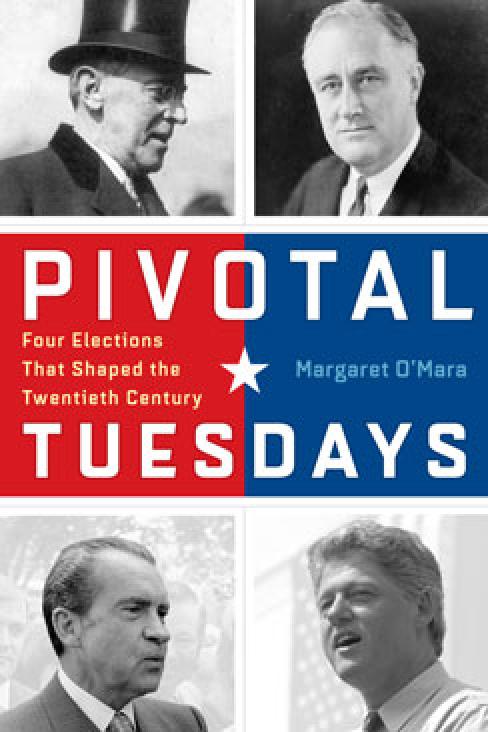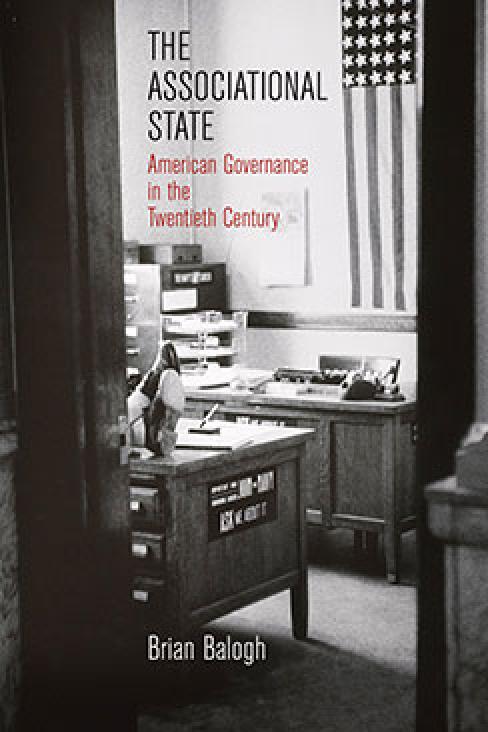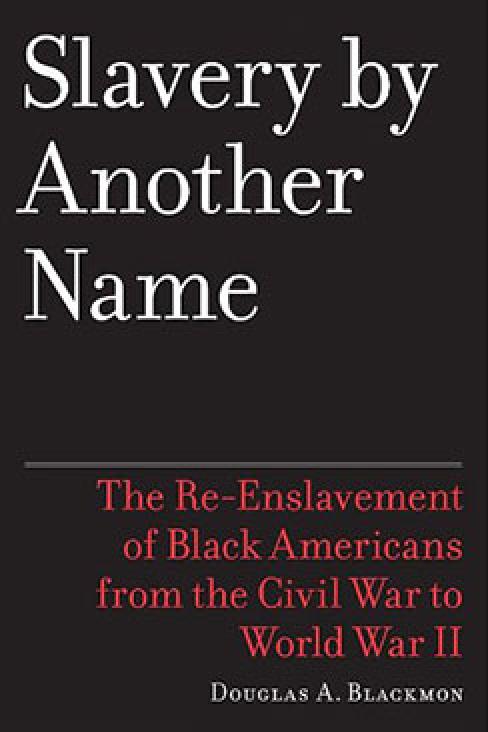1858 - 1919
Theodore Roosevelt
In facing new industrial conditions, the whole history of the world shows that legislation will generally be both unwise and ineffective unless undertaken after calm inquiry and with sober self-restraint. First Annual Message
Overview
Theodore Roosevelt, who came into office in 1901 and served until 1909, is considered the first modern President because he significantly expanded the influence and power of the executive office. From the Civil War to the turn of the twentieth century, the seat of power in the national government resided in the U.S. Congress. Beginning in the 1880s, the executive branch gradually increased its power. Roosevelt seized on this trend, believing that the President had the right to use all powers except those that were specifically denied him to accomplish his goals. As a result, the President, rather than Congress or the political parties, became the center of the American political arena. As President, Roosevelt challenged the ideas of limited government and individualism. In their stead, he advocated government regulation to achieve social and economic justice. He used executive orders to accomplish his goals, especially in conservation, and waged an aggressive foreign policy. He was also an extremely popular President and the first to use the media to appeal directly to the people, bypassing the political parties and career politicians.
Fast Facts
Featured Insights
Featured Video
October 29, 2014
Unreasonable men
Theodore Roosevelt and the Republican rebels who created progressive politics
